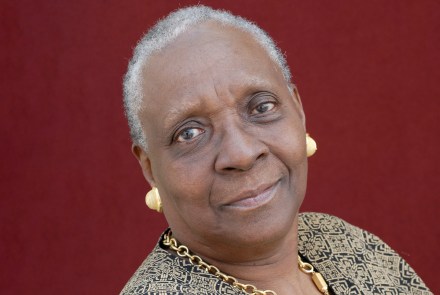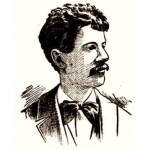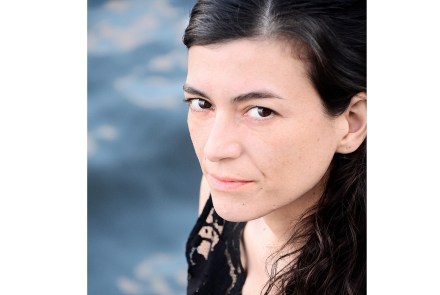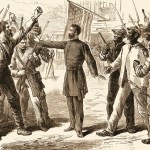A ponderous parable for our times: The Wondrous and Tragic Life of Ivan and Ivana
Twins are literary dynamite. For writers, they’re perfect for thrashing out notions of free will, the pinballing of cause and effect and fate’s arbitrariness. One twin reflects the other, darkly: living proof of the road not taken, the life not lived. In Maryse Condé’s The Wondrous and Tragic Life of Ivan and Ivana this point is rather laboured — literally, as we first meet the titular pair when they are dragged from the ‘warm and tranquil abode’ of their mother’s womb. They emerge bawling into contemporary Guadeloupe, where their mother Simone ‘works herself to the bone in the sugarcane fields’. Things don’t improve much when they seek their fortunes abroad,





















